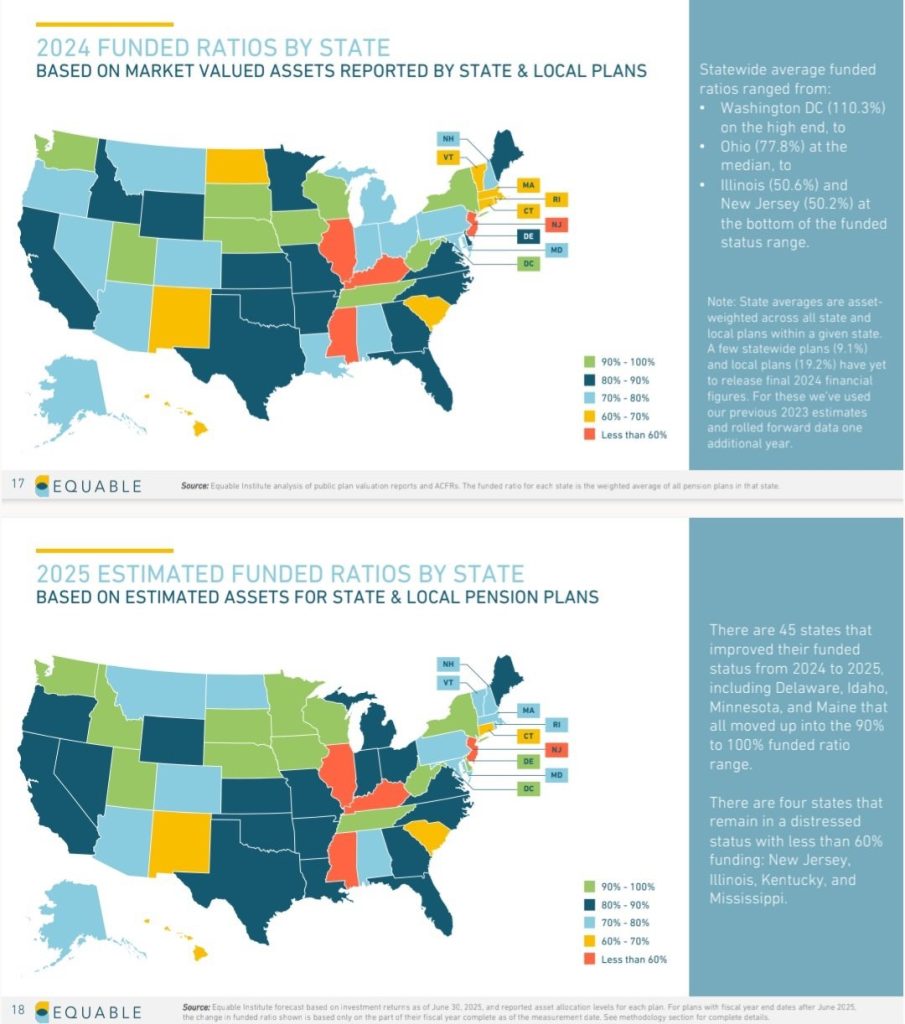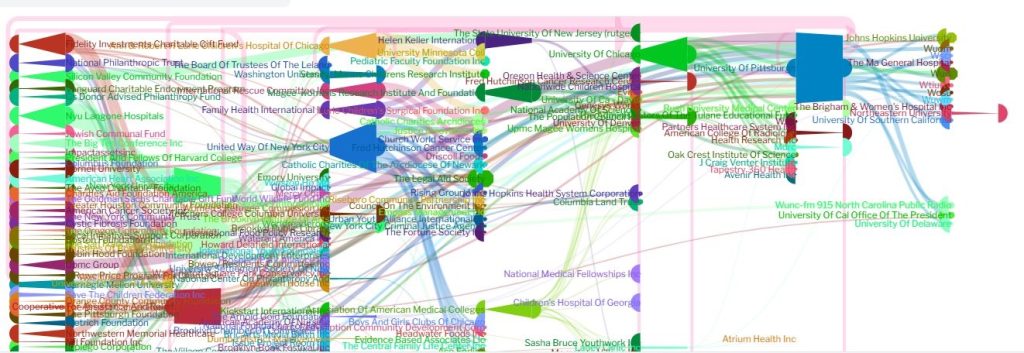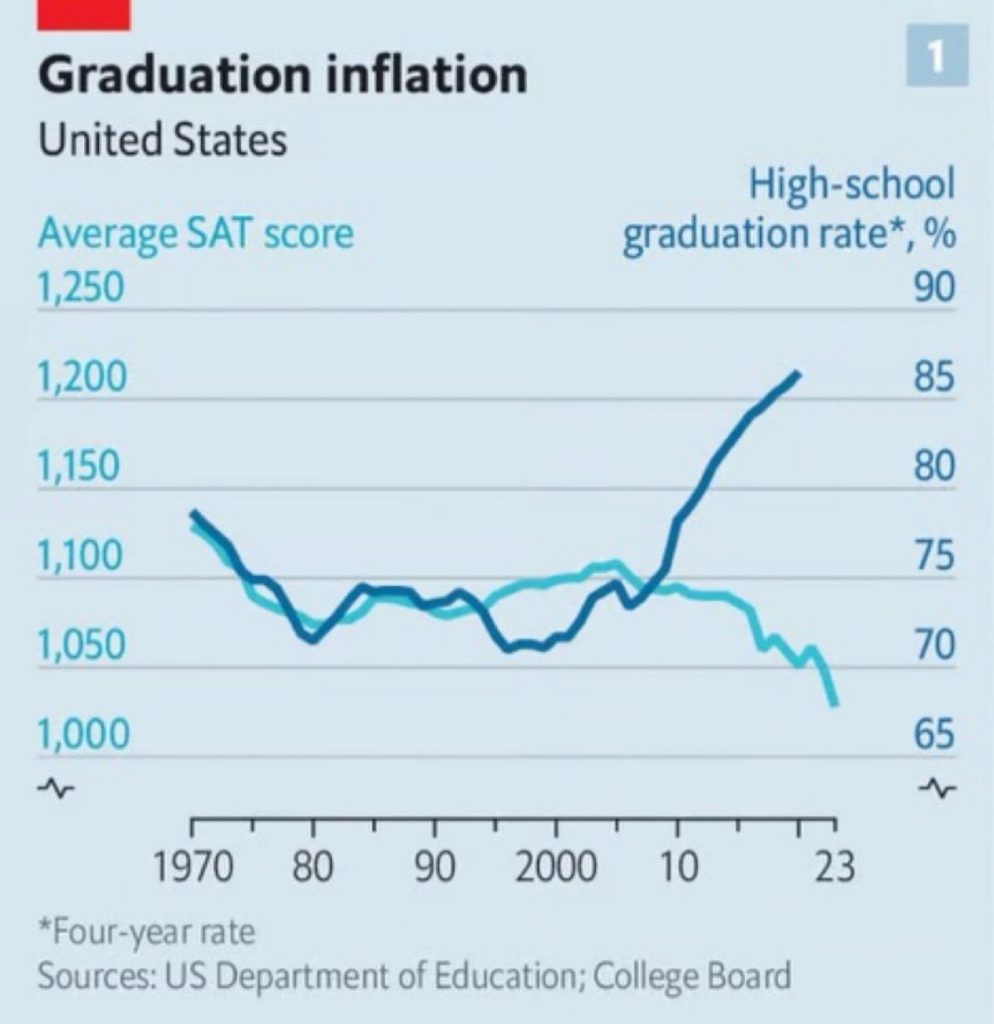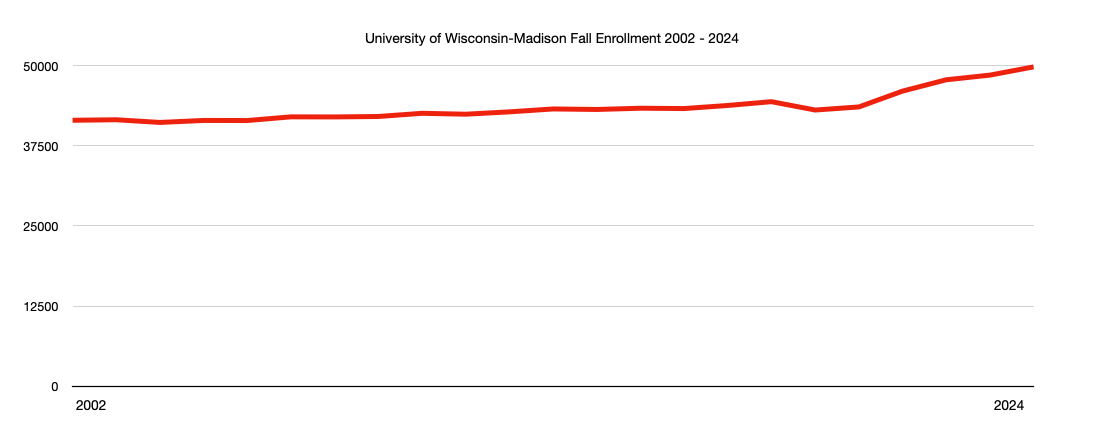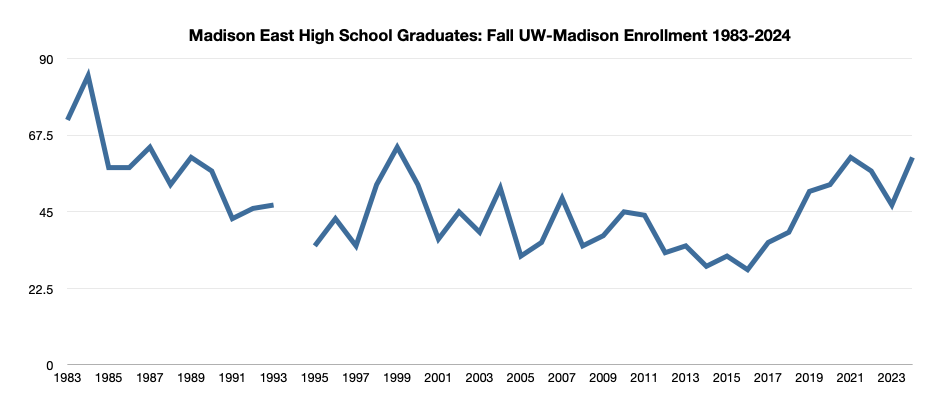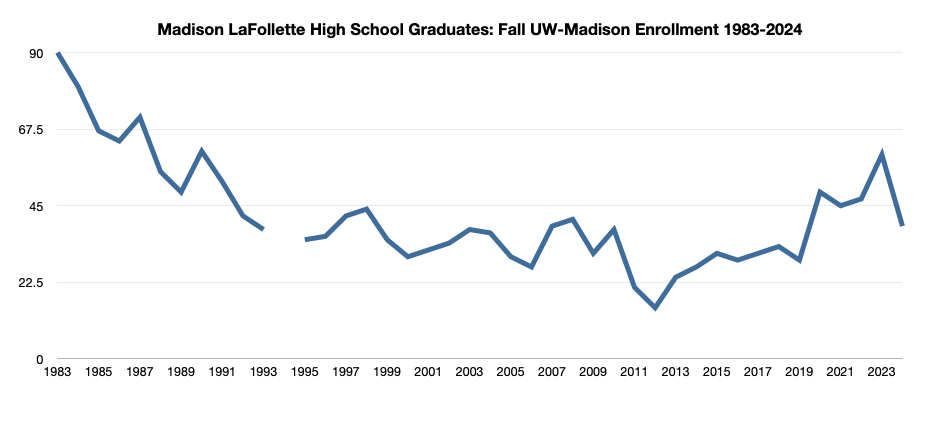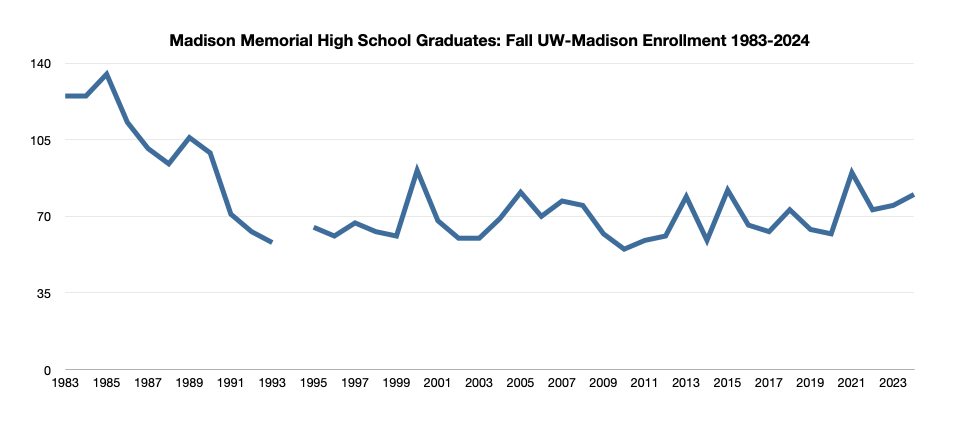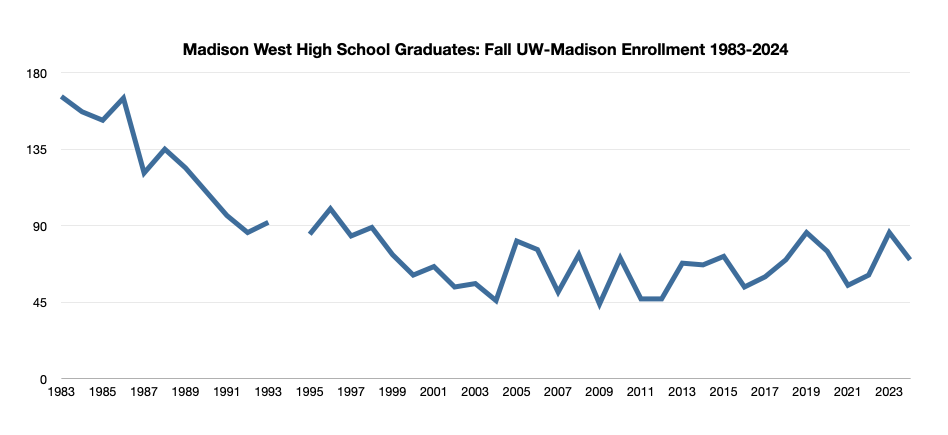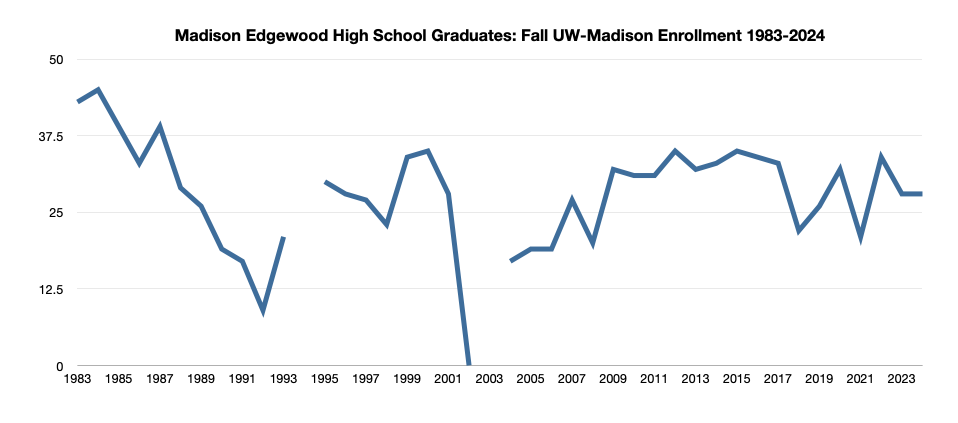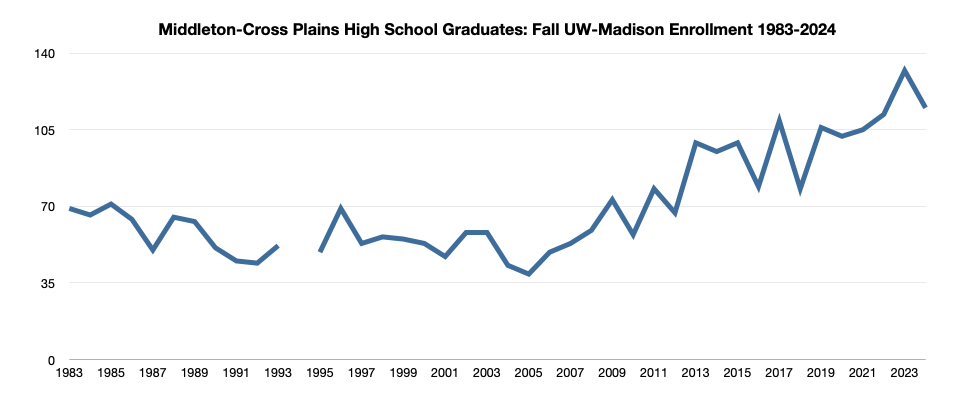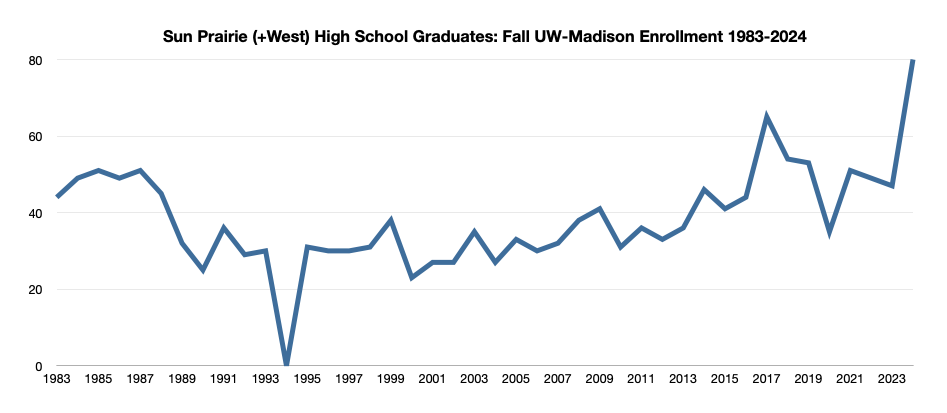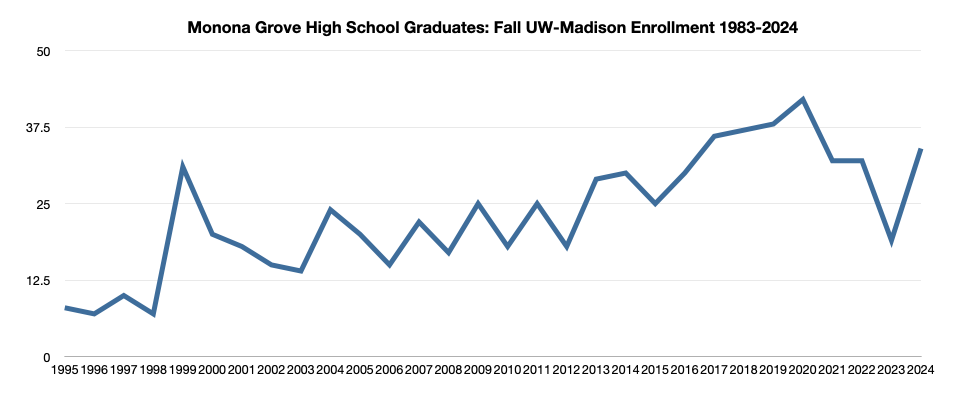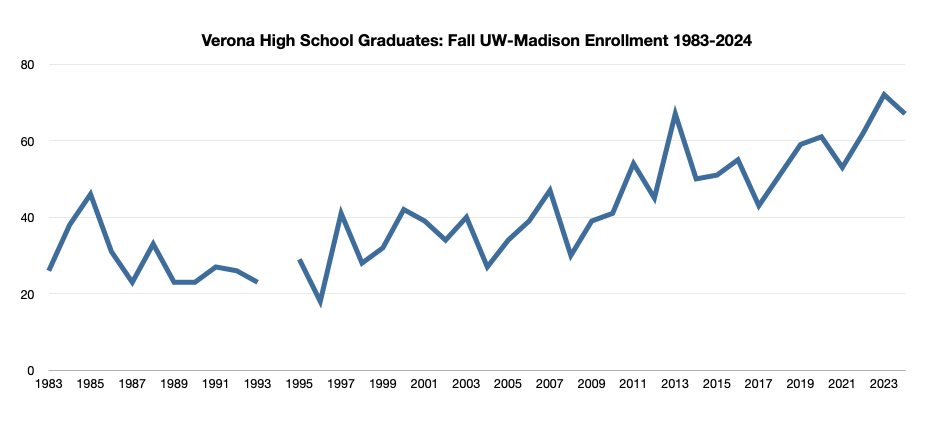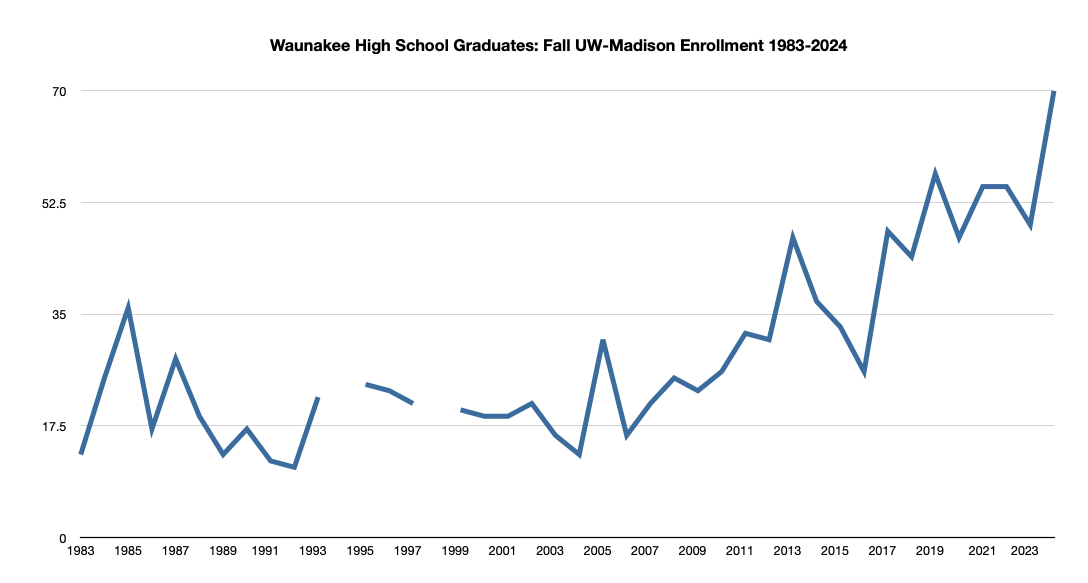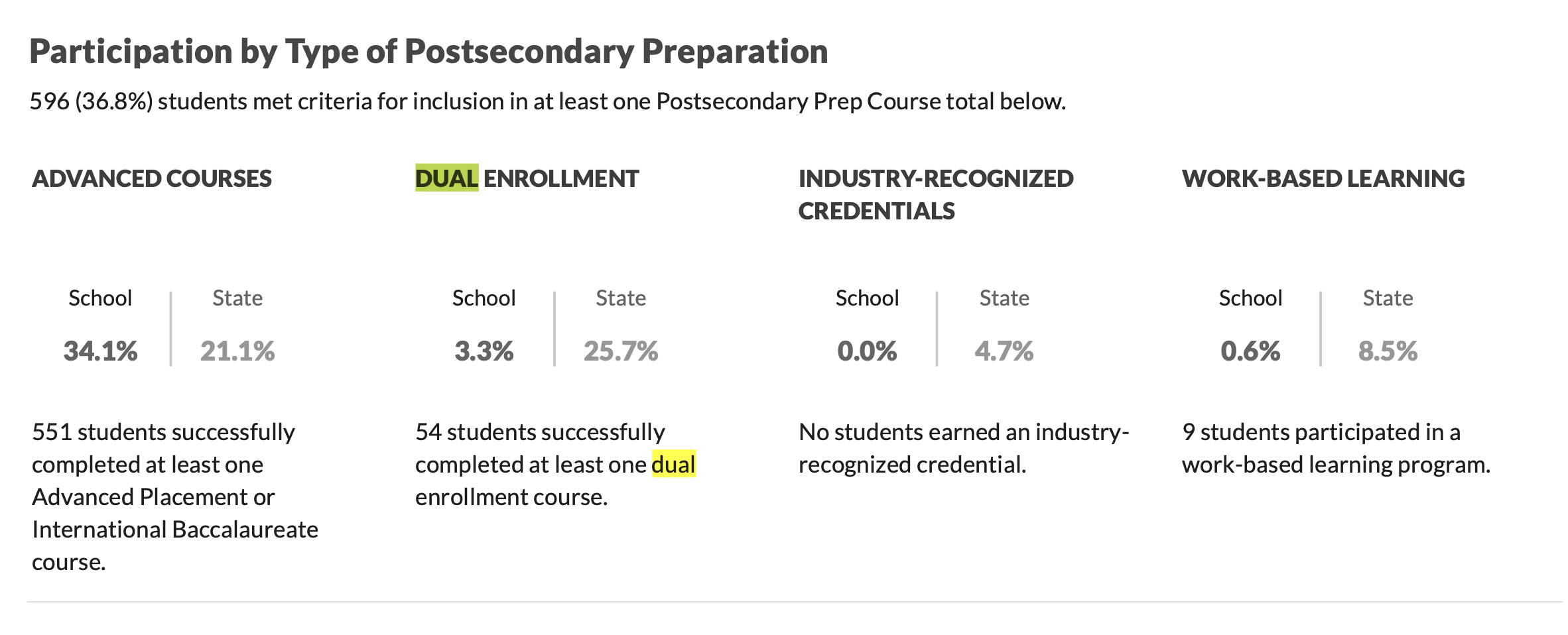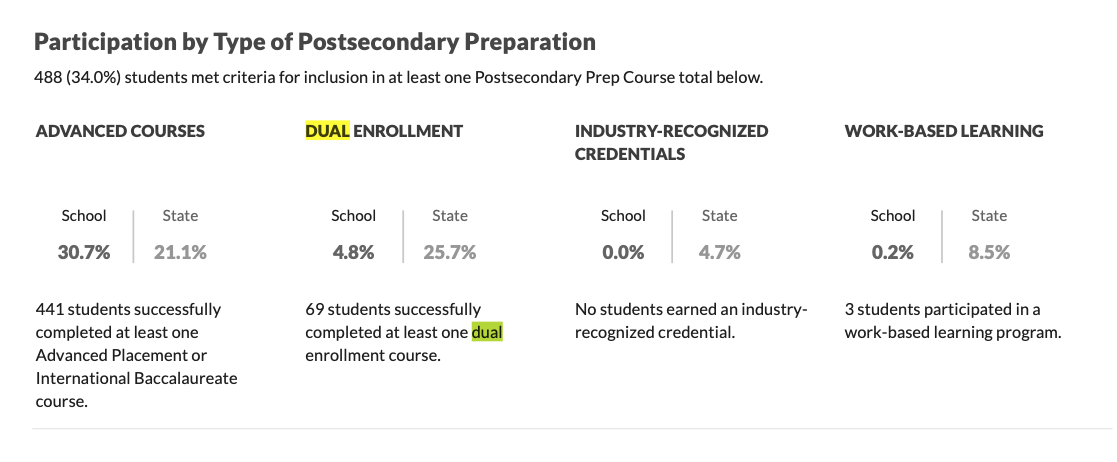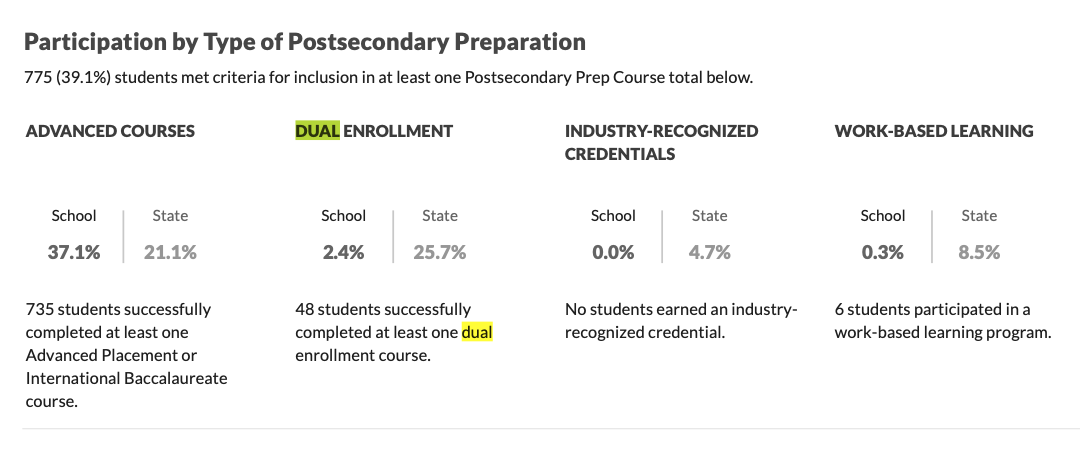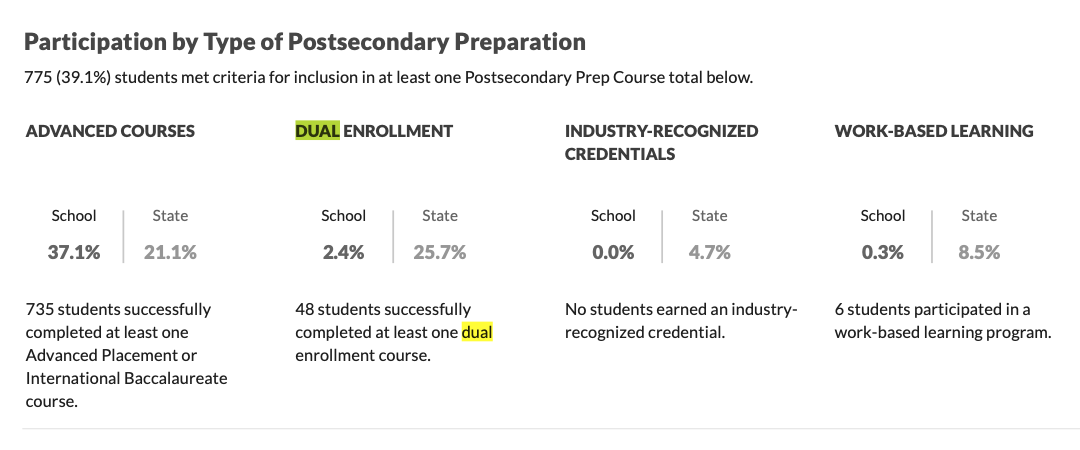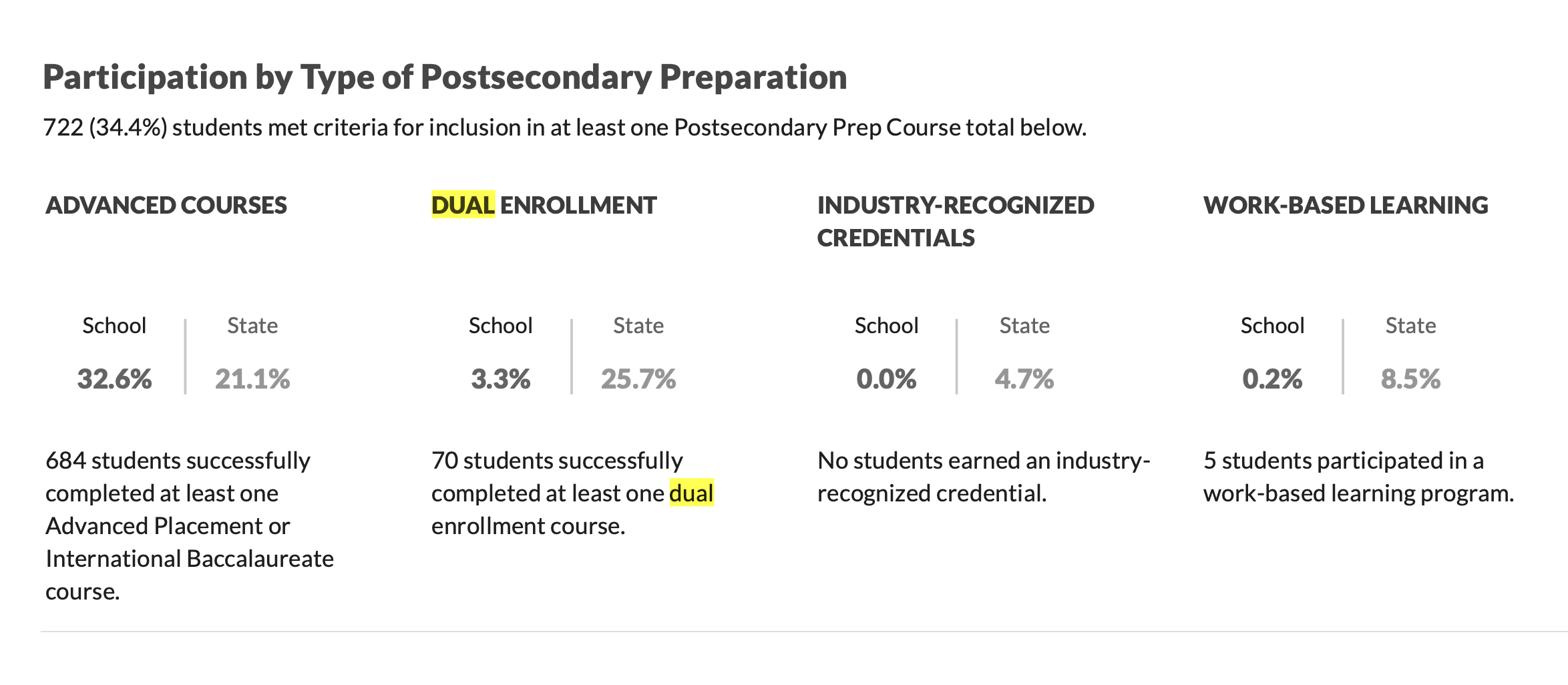The News: WILL released its 2025 School Scorecard Dashboard with new features and data sets to better equip parents, education stakeholders, and taxpayers with insight on how school districts across the state are performing. Over the last several years, WILL’s School Scorecard Dashboard has served as a one-stop-shop for citizens to view Wisconsin school districts’ trends in enrollment, proficiency, district funding, administrative staffing levels, and the like. The user-friendly resource uses information imported from the Department of Public Instruction. Access the dashboard at https://knowmyschoolwi.com/.
WILL is also hosting a webinar to walk through the dashboard and the tools it provides to families across Wisconsin. You can register for that webinar here.
New Features: WILL’s 2025 School Scorecard has been fully revamped with a new look and enhanced functionality. It now includes several new data points and features that allow users to take a deeper dive into district performance, including:
Interactive Map Feature: We developed an interactive map of Wisconsin’s school districts with mouseover functionality, making it easy to compare your district to neighboring areas across key metrics like Math and ELA proficiency, graduation rates, and chronic absenteeism. Future updates will expand the dashboard with additional data and features.
Enrollment by Grade Level: This feature displays district enrollment broken down by grade level, helping identify districts that may face an enrollment cliff in the coming years due to declining student populations.
Chronic Absenteeism: Chronic absenteeism measures the percentage of students who miss 10% or more of the school year. Since the pandemic, absenteeism has risen significantly in Wisconsin school districts—an alarming trend linked to lower academic achievement. The 2025 tracker highlights each district’s absenteeism rate and how it compares statewide.
Disciplinary Incidents by District: This year’s dashboard includes district-level data on disciplinary incidents, offering insight into school climate and student behavior. Safer schools are closely linked to better learning outcomes for all students.
Math and ELA Proficiency: While Math and ELA scores may seem to have improved, the increase is largely the result of the Department of Public Instruction lowering the standard for proficiency—a change WILL has extensively documented. To provide context, this year’s dashboard includes a clear marker indicating when DPI adjusted its benchmarks.
Revenue by School District with Inflation Adjustment Feature: This year’s dashboard features updated revenue data for the 2023–24 school year by district, now with the added option to view figures adjusted for inflation.
The Quote: WILL Research Director, Will Flanders, PhD, stated, “WILL’s School Scorecard Dashboard gives parents, taxpayers, and stakeholders key data on school district performance in areas such as finance, academic performance, absenteeism, and discipline. With this updated tool, Wisconsinites can hold districts accountable and make better informed decisions about education in their communities.”
2025 Key Findings:
Many Wisconsin schools will soon see an enrollment crisis, with enrollment statewide falling by more than 8% since 2015.
Statewide, first grade enrollment is only 76% of the size of 12th grade enrollment.
Waukesha’s first grade class is only 61% of the size of its 12th grade class.
298 (70.6%) of districts have seen enrollment decline since 2015.
Menomonee Fall’s first grade class is only 76% of the size of its 12th grade class.
Districts like Middleton-Cross Plains are bucking the enrollment trend with slight growth since 2015.
Milwaukee Public Schools spend more per student (up 19%) but teach less students (enrollment down 13.4% since 2015), and academic achievement continues to lag the rest of the state with Math and ELA proficiency below 25%.
Chronic absenteeism remains a significant problem, with 17.4% of students chronically absent in the 2023-24 school year.
In Beloit, 38.1% of students were chronically absent.
In Milwaukee, 47.5% of students were chronically absent.
School violence remains a significant concern across the state. Last year, 16,250 students were disciplined for “endangering behavior,” and an additional 4,586 students faced disciplinary action for assault.
Madison led the state in assaults with 1,476 incidents.
Milwaukee led the state in endangering behavior with 2,238 incidents.
Private school enrollment has skyrocketed, with massive growth in the Fox Valley.
Choice enrollment is up 389% from 2016 in Sheboygan Schools.
Choice enrollment is up 556% from 2016 in Oshkosh Schools.
Webinar: WILL’s Research Director, Dr. Will Flanders, will host a webinar on Wednesday, July 23 at 11:00 AM CST to showcase the newly enhanced dashboard and share key insights from the past year’s school data. You can REGISTER HERE if you would like to attend.
Spread the Word: WILL believes that providing accurate information is essential for parents to hold districts accountable and demand the schools our students deserve. That’s why we encourage Wisconsinites to help put this resource in front of parents, grandparents, teachers, taxpayers, school board members, and lawmakers.
